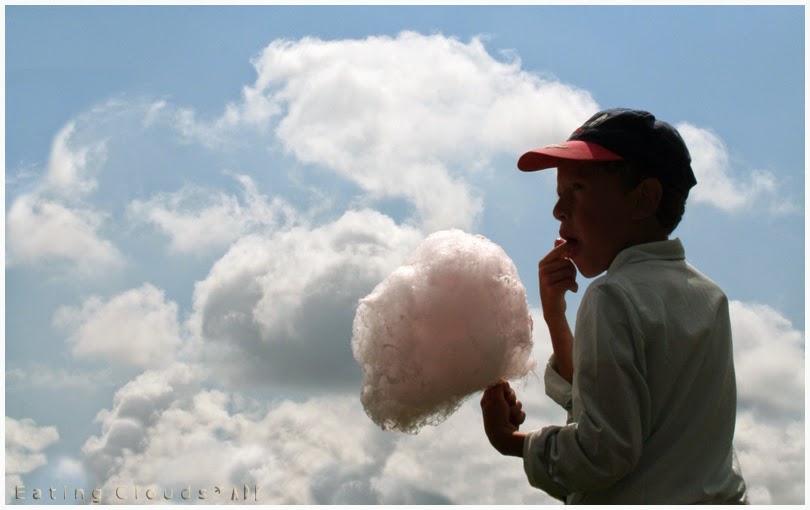“What leaf-fringed legend haunts about
thy shape “
from “Ode on a Grecian Urn” by John Keats

Six days a week, for all of my childhood and some years beyond, my Aunt Yvonne worked in Jackson, Mississippi at two jobs servicing white people. Her employers and those she served loved her, and rewarded her well for her art as a chef. We thought her rich because she took my sister and me shopping at the end of each summer and bought us clothes for the start of school in the fall. When she retired, Aunt Yvonne collected a social security check that paid for her to live. What she saved also helped pay for college, down payments, drug treatment, restitution, and bail for sundry children, grandchildren, nieces, nephews, and others. In her eighties, Bell’s palsy struck and only half of Aunt Yvonne’s face turned up when she smiled. When she was in service, she always smiled. And she always took care to assure that her appearance and behavior were asexual and guileless.
Stepping
lively and beaming smiles, Aunt Yvonne left her house at nine in the morning to
help cook at a nursing home. She wore shoes that made sense for a woman who
would walk to the bus stop three blocks over and stay on her feet all day. Her
serviceable dress – always a governess grey or washed out blue or barely there
brown – was short sleeved and buttoned in the front. The hem fell below her
knees and the waist was ill defined. Her hair was tightly bound in a bun at her
nape and carefully secured with the required black net. No enticing lock ever
dared to peek out.
Aunt
Yvonne wore no make-up or perfume, but she did wear talcum powder between her
legs and her breasts to guard against friction and sweat. A surprisingly dainty
handkerchief with flowers and lace grew visibly from her cleavage. In that
position it hid where her bosom overflowed, and it was handy when her face
perspired. No white person ever saw Aunt Yvonne sweat, but the steam from the
pots and pans burned an eternal glow on her cheeks and brow.
Neat
and trim in sensible shoes and hair net, cool and collected with her handy
kerchief and talcum powder, Aunt Yvonne marched down the road, swinging one arm
as if leading a charge. On the other arm swung her large black pocketbook with
the necessary money and keys, and enough room to bring home leftovers. She also
carried The Upper Room and a New Testament,
and a small black apron with white ruffles around the edges. This apron and her
dress constituted her uniform for her evening job.
After
the nursing home, Aunt Yvonne became the proud pastry chef at “one of the
finest white restaurants in Jackson, Mississippi” where colored people entered
through the kitchen and stayed there. From that kitchen, Aunt Yvonne gained
fame for turning out the lightest biscuits and dinner rolls in town.
“Feathers!” some exclaimed. “Clouds!!” they rhapsodized. No white person who
ate Aunt Yvonne’s cooking ever choked on quills or saw tears flow like rain.
Aunt Yvonne was a sorcerer making magic.
She returned to us each night with bags full of treasure for two
little girls who had fought sleep to greet their “Aunty Vonne” when she came
home from work. We knew she had braved the nether world to fight for us, and
she always brought us her softest clouds to eat. She had taken care to season
them herself so that we would not have to swallow our own tears.
Six
mornings a week, Aunt Yvonne charged down Cox Street and disappeared around a
corner my sister and I were not allowed to turn alone. Neither one of us would
have to cook or clean for white people to make our living, she declared.
Armored in protective clothing and covered with fairy dust, Aunty Vonne carried
books of spells in her sorceress bag as she rode her unicorn to battle the
demons who threatened our safe kingdom. Confidently, she charmed the ogres
posing as helpless old people and deceived the dragons pretending to be courtly
ladies and gentlemen so that they mistook her for a plain and harmless colored
girl. Seduced by her smile, they never realized she fed them slow poison of
bitterness concealed inside their bread. And they never knew she took back the
best of her magic to feed us divine dreams.



.jpg)
